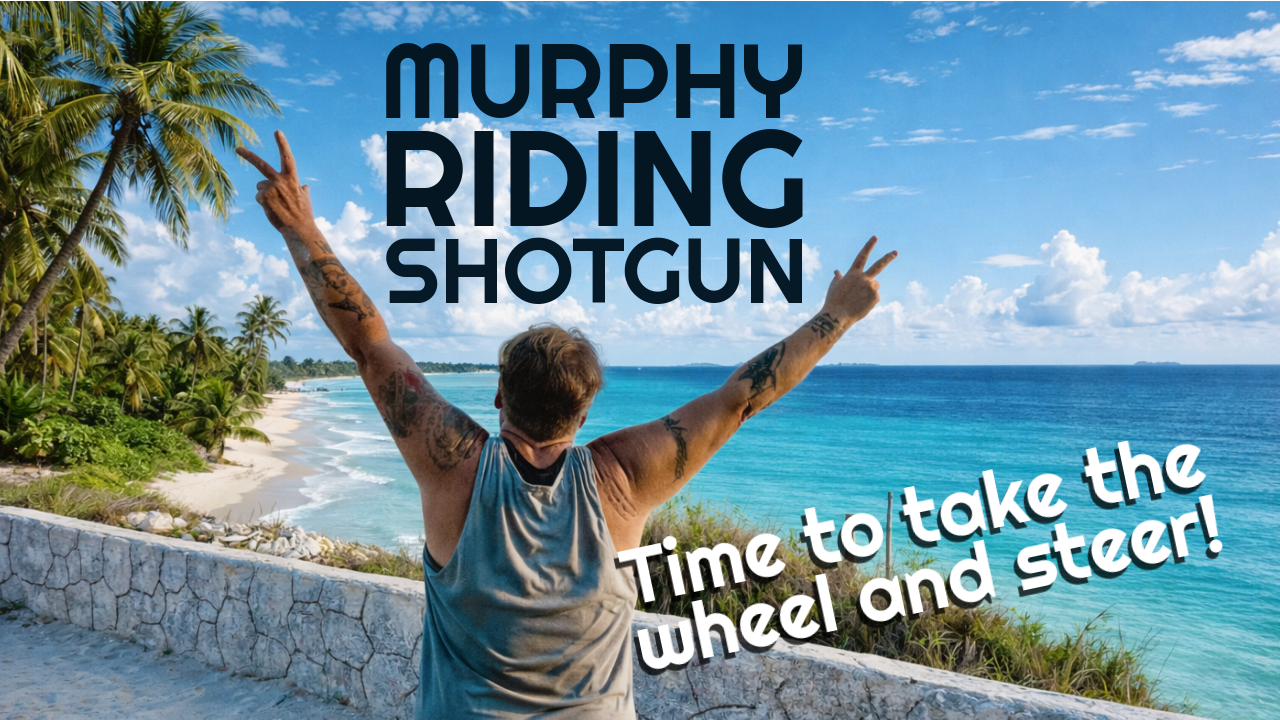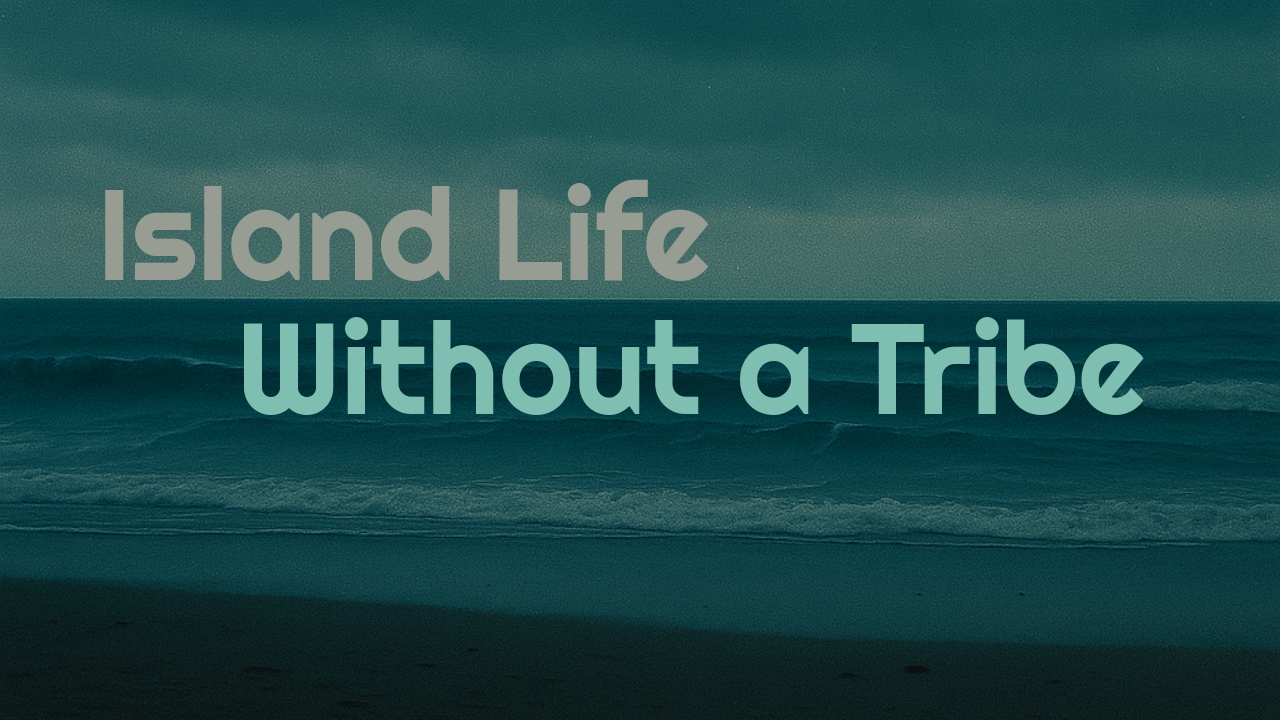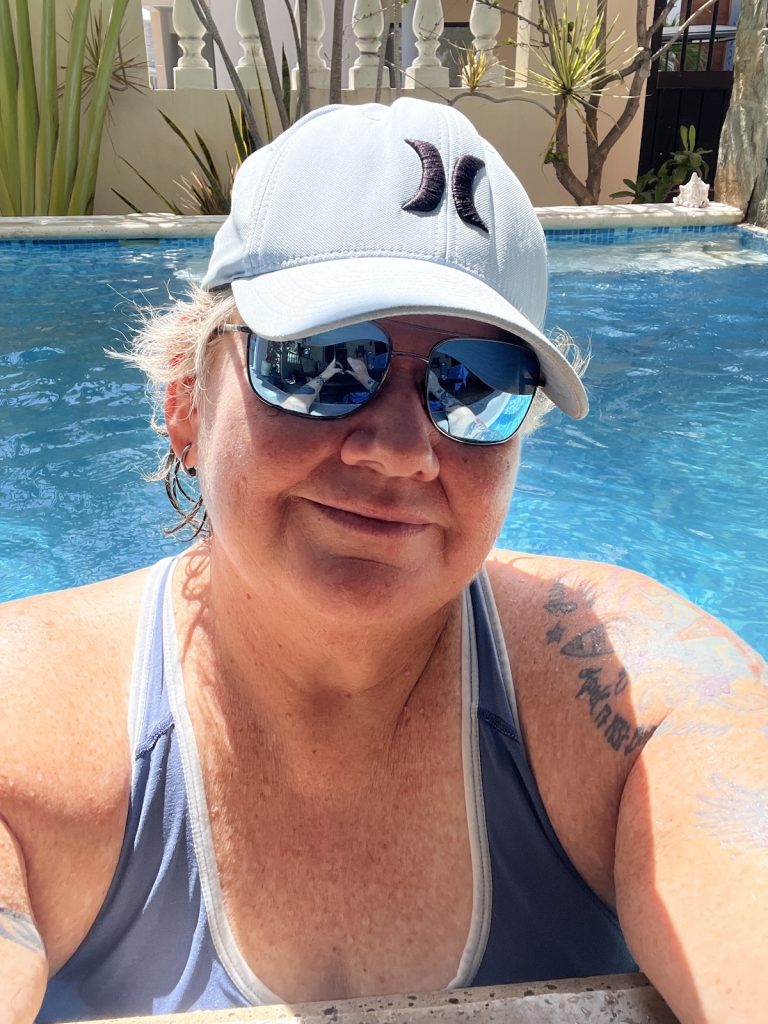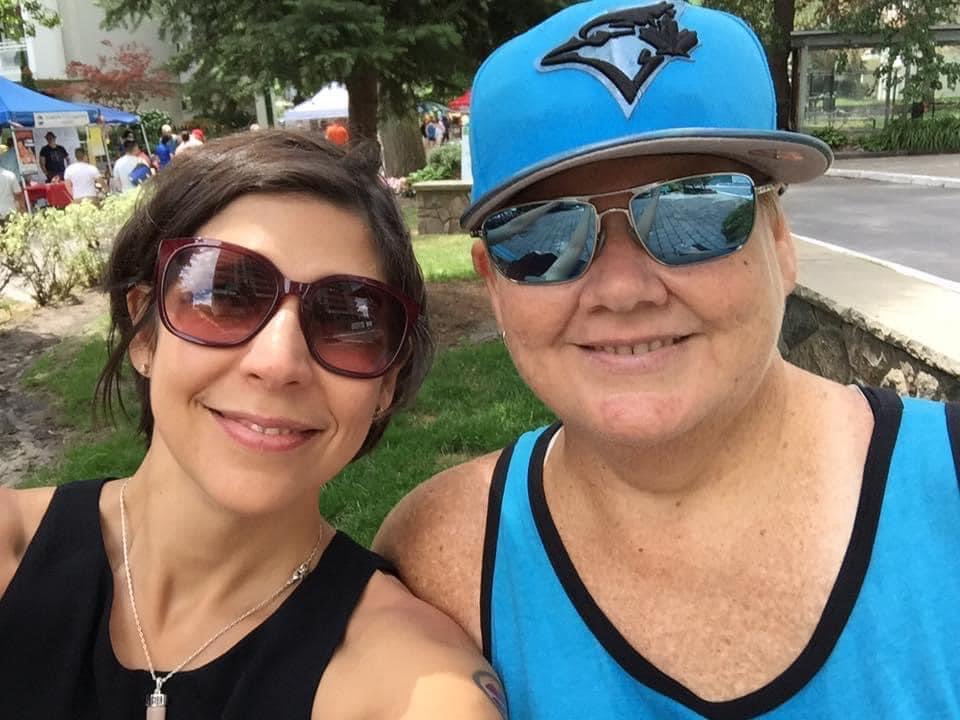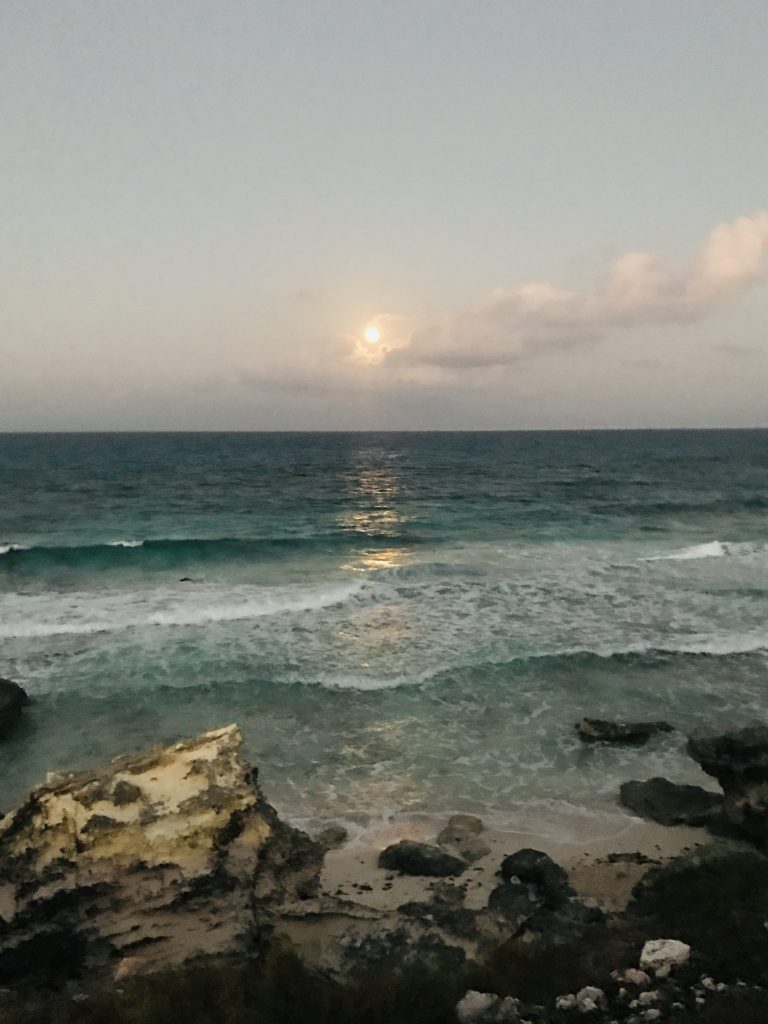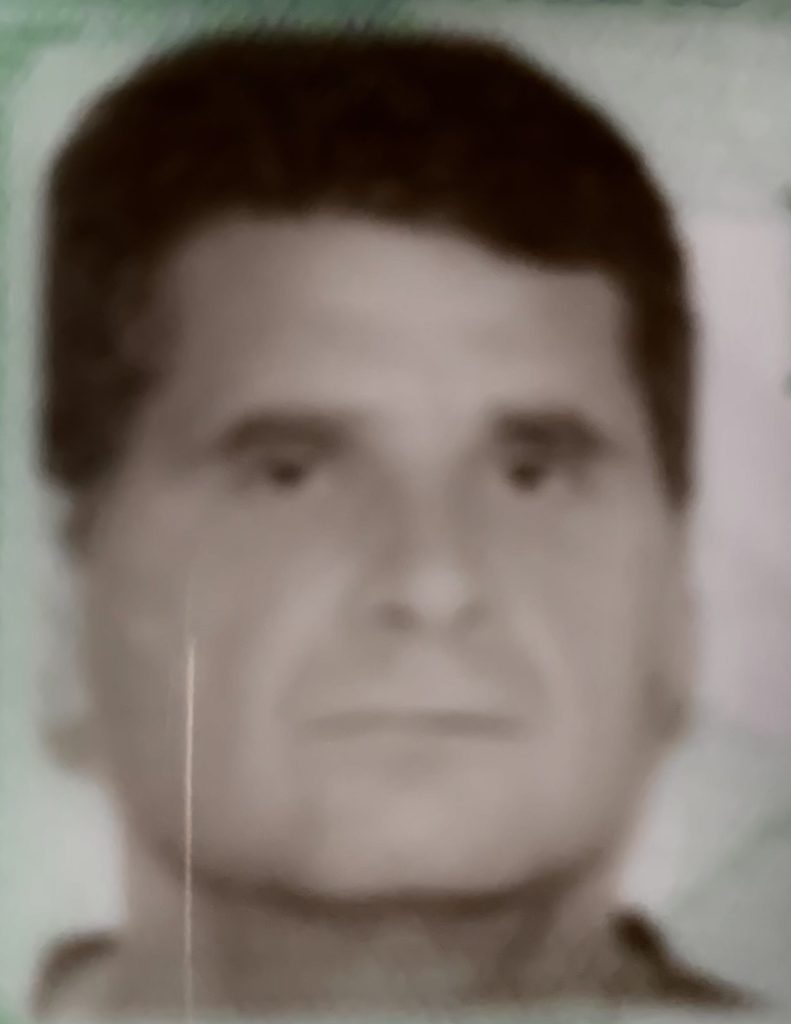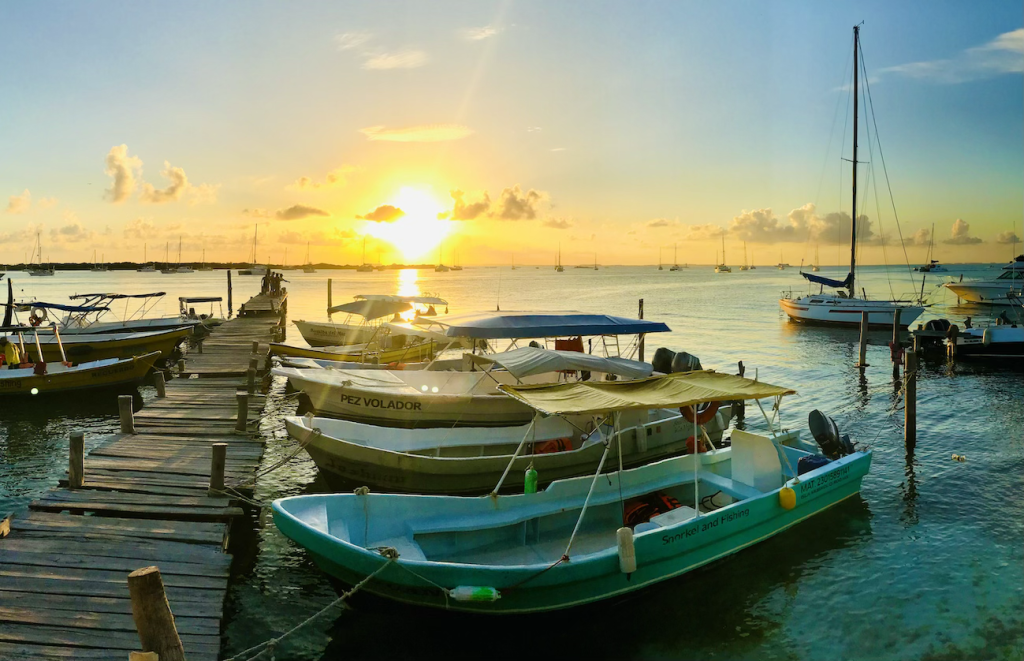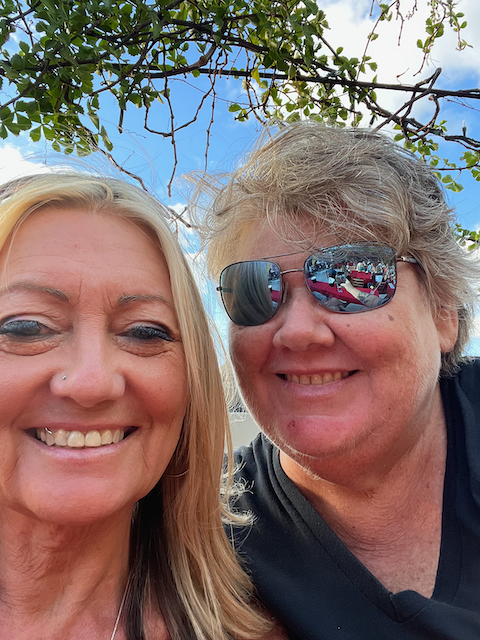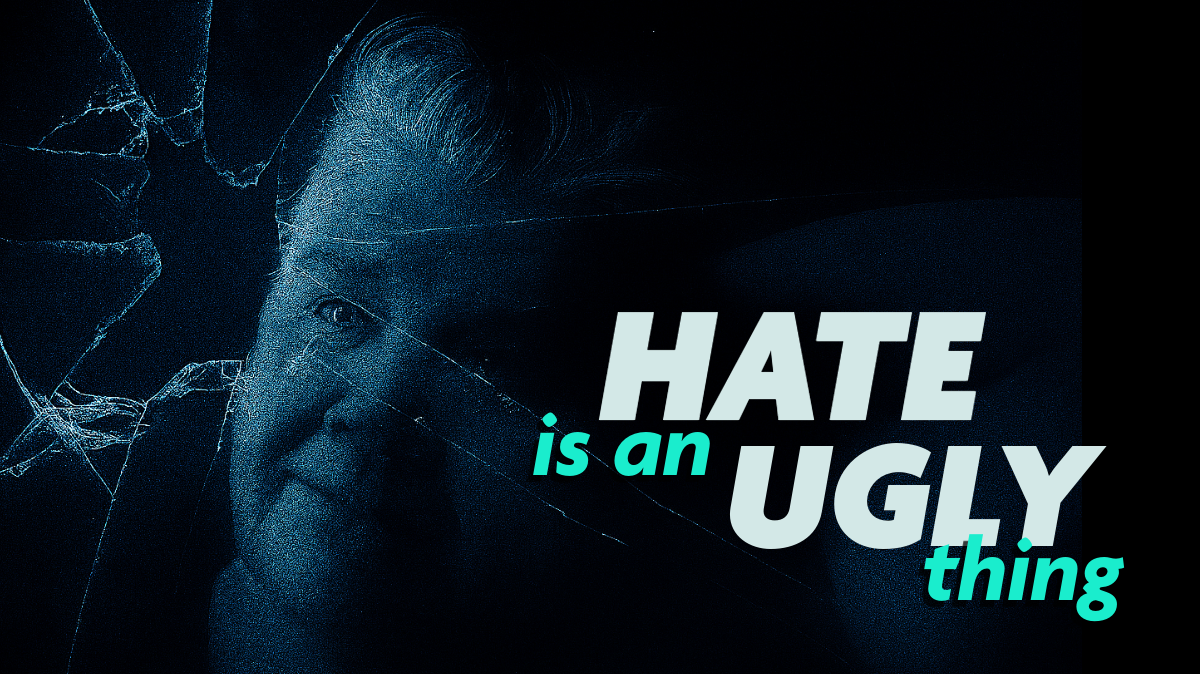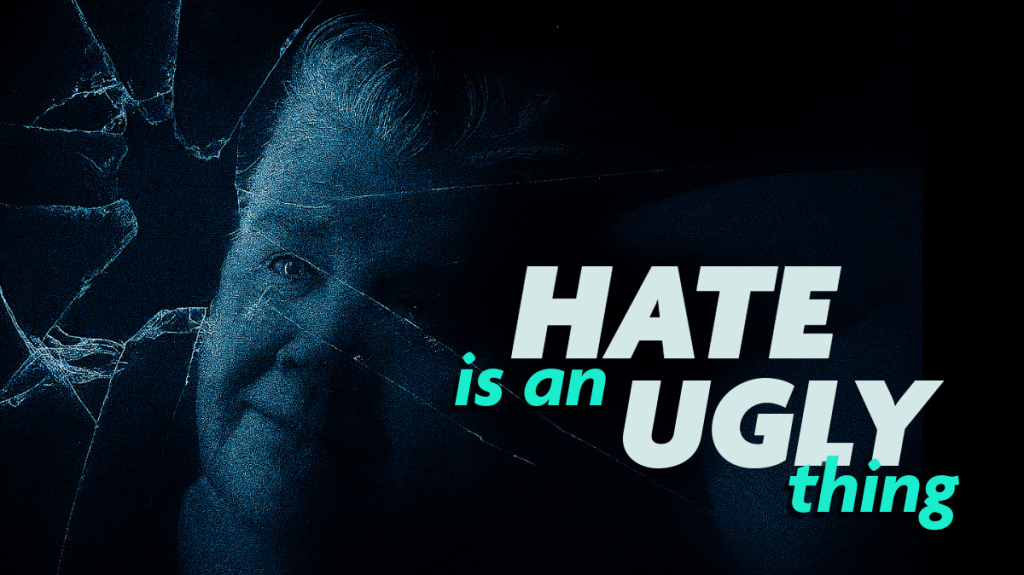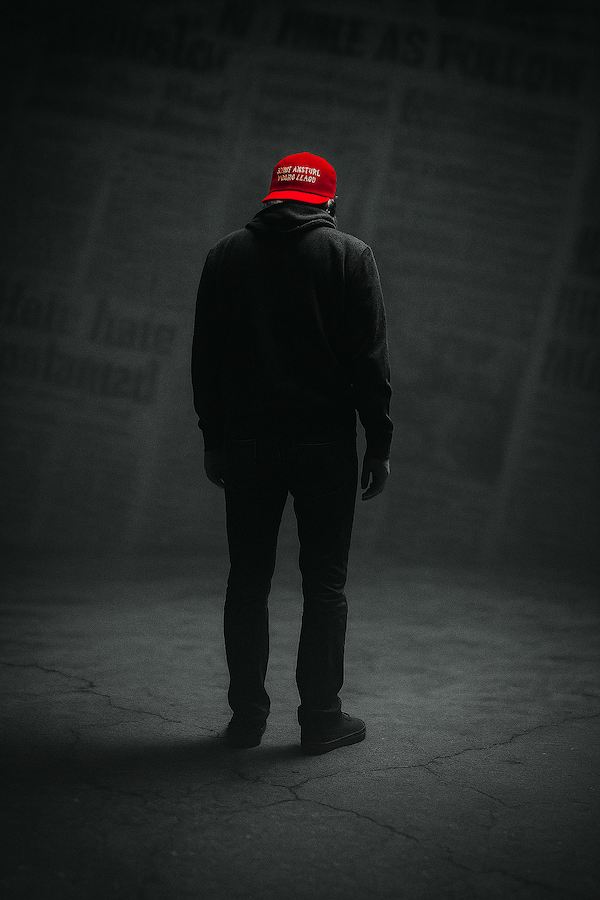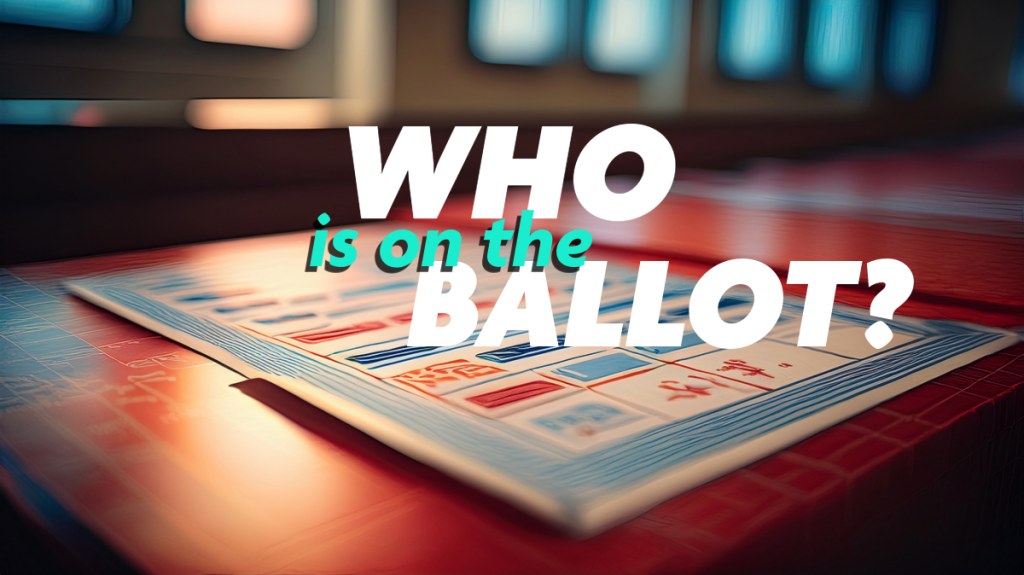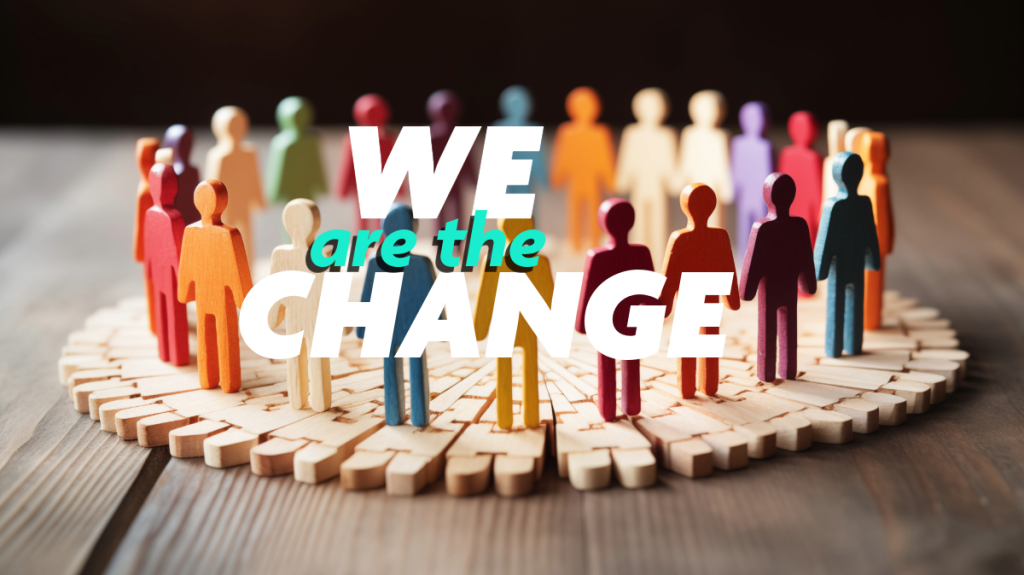I’ve known about Murphy’s Law most of my adult life. Long before I ever named it, called it out, I felt it. That quiet, familiar sense that when things start to line up in life, something will eventually lean in and knock it all sideways, just to see how we handle it.
Murphy didn’t arrive suddenly. He was there early on, before I had language for patterns or nervous systems or self-protection. He showed up when I was young enough to think my only real power was withdrawal.
I was in grade five or six when my parents started talking about divorce. It was always explosive. My mother did not like my dads drinking, he did not like her controlling. Hard adult conversations vibrating through walls, half-heard sentences that carried more weight than they were meant to. I remember being angry. I wanted my school letter. I had worked hard, soccer volleyball choir, librarian. I wanted to stay on my teams, stay inside the rhythm of what I knew. And instead, adults talked, hesitated, changed their minds.
So I made mine.
I pulled myself out of everything. Sports. Groups. Anything that required commitment or a future version of me. I didn’t make a scene. I didn’t explain myself. I just quietly disappeared from places where I felt exposed. I don’t think anyone noticed but me.
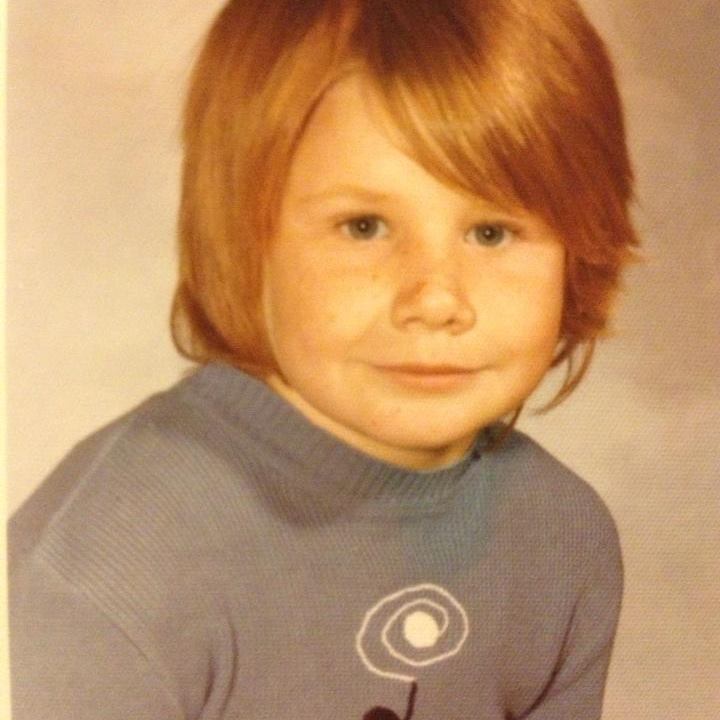
At the time it felt like control. Like fairness, almost. If the ground was going to move, I’d move first. Protection from the storm.
The thing is my parents never divorced. They stayed together until they both passed. I prepared for something that never happened. I lost things I didn’t actually have to lose. And I didn’t understand then that anticipating pain can quietly cost you real experiences, not just imagined ones.
Water mattered even then. Not pools. Never pools. I stepped on a thumbtack at the YMCA once and that was enough for a lifetime. It was always natural bodies of water. Lakes. Rivers. The ocean when I could finally reach it. Places where sound softened and thoughts slowed. In the water, my body didn’t brace. It just existed.
Then came the move. From Stroud to Toronto.
I felt that loss immediately. There was no easing into it. No slow adjustment. It landed hard and stayed. I knew, even then, that I was forever changed. That move cracked something open and started the deepest insecurity I’ve ever known. Everything familiar was gone at once. The town. The identity. The sense of being known without explanation.
No hockey. No school sports. No structure I understood. I was left without the things I knew how to be inside of. That loss mattered more than I admitted at the time.
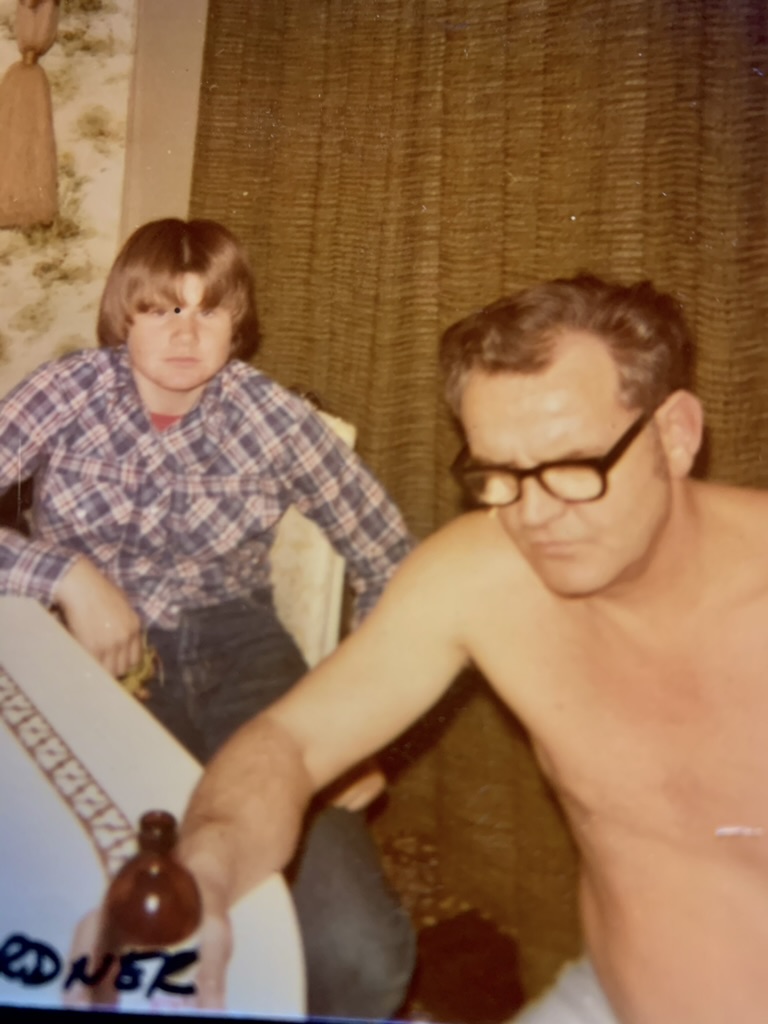
Somewhere in there, I also knew something else about myself. I was queer. I didn’t have the word yet, but I had the knowing. And I knew just as clearly that it wasn’t something I could share. Not there. Not then. So I learned how to compartmentalize early. To hide one truth while trying to survive another.
I would be nearly 26 when I finally came out. Finally admitted to those who cared who would stand by me or spit in my face. I am not the first and likely not the worst story, but that was a shame I felt before I saw it differently. I still feel a sense of shame around the difference.
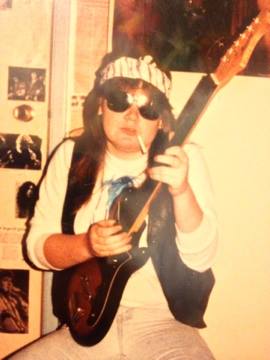
That’s why the rockers made sense to me in high school. Music. The edges. A place where I could stay hidden and still belong. Music let me feel without explaining. It gave me a way to exist without being interrogated. I could disappear into it and still be seen enough. Plus words and music I mean come on. You can vicariously live there. Finf the words to describe feelings you did not know you were having. I found an identity in music.
When I was eighteen, Murphy made himself known again. Smoking hash at the exhibition. Getting caught. A notice to appear. On paper, it was minor. I even enjoyed the community service. I appreciated the experience. But something settled in after that. The understanding that one moment, one decision, could echo longer than expected. Especially when records, authority, and borders are involved.
I don’t think it made me vigilant. I don’t experience myself that way. It made me accepting. Accepting that things can go sideways. That life doesn’t always reward intention. That sometimes momentum carries consequences whether you like it or not.
Then came 2012.
That was the year Murphy screamed so loud I lost it all.
Trying to secure a TN1 visa in the U.S., one stark decision upended my life. My apartment in Woodland Hills. A relationship that was just blossoming. A version of myself that felt settled, even if imperfect. Gone. Not slowly. Abruptly. I had a cushion in Toronto., its always going to be where I am from. I could land there. But Los Angeles was gone. The life I had built there vanished in a way that didn’t feel proportional to the moment that triggered it.
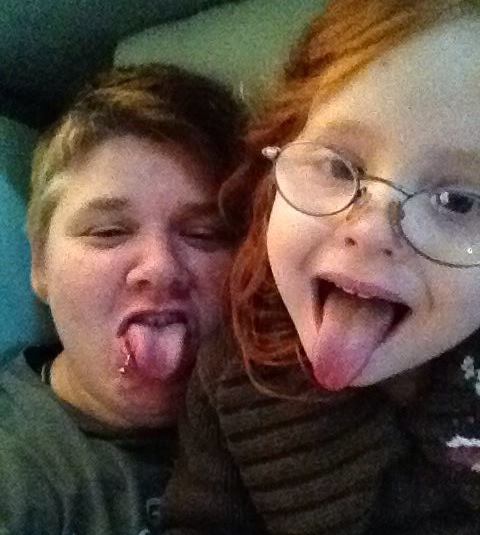
I didn’t dramatize it, but I don’t minimize it either. That kind of loss doesn’t come with a clean ending. There’s no neat chapter break. It doesn’t wrap itself up in meaning right away. It just changes the direction of your life and asks you to keep moving, even when you’re not ready, even when part of you is still standing in the doorway of what you thought you had.
That experience taught me something dangerous. That stability can disappear without warning. That preparation might be the only leverage you have. Or so I told myself.
And still, water kept pulling me forward. Natural water. Beaches. The ocean whenever I could reach it. In the water, I wasn’t replaying decisions or scanning for what might go wrong. I was just breathing. Floating. Letting the noise settle. I didn’t know it then, but that was regulation. That was my nervous system finding neutral. It is there I discovered Mexico and Isla Mujeres.
Which is why I’m writing this now.
I’m in Mexico, working toward permanent residency, and the process stirred something familiar. Not panic. Recognition, and potential preparation. The last two years haven’t been easy. Not because everything has gone wrong, but because I haven’t always felt connected to life in meaningful ways. I cocooned. Built protection around myself. Avoided instead of engaging. Blocked things out until they hit hard enough that I couldn’t anymore.
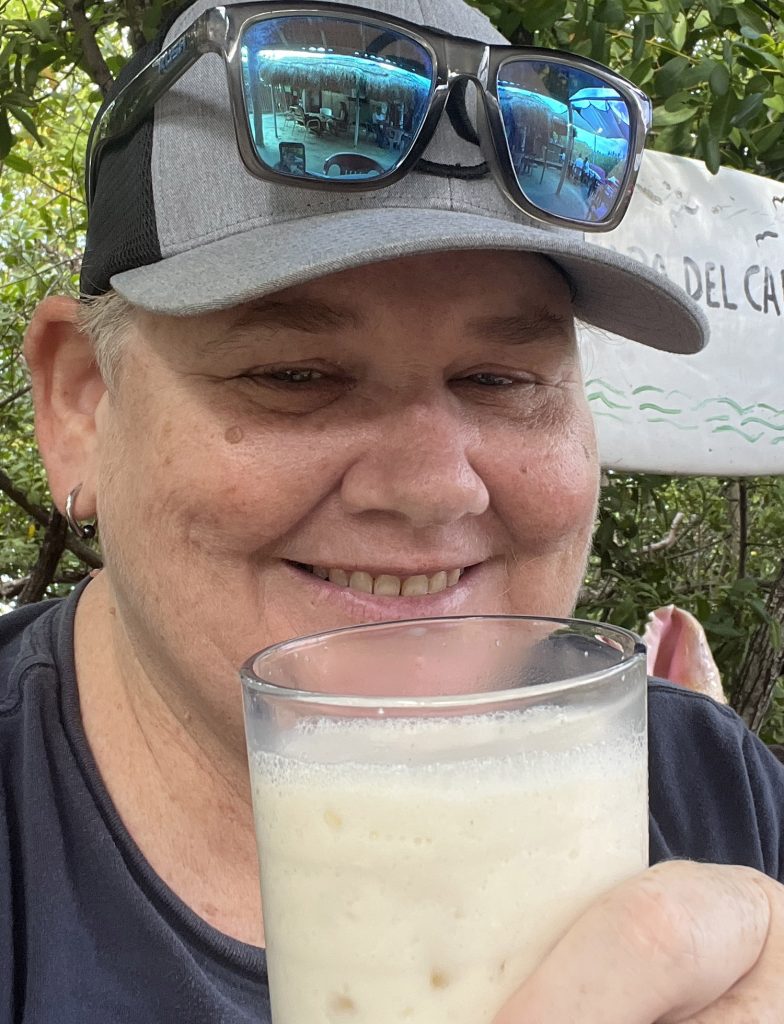
I followed the steps. I did what I could. And still that old sense crept in. The feeling that if something can wobble, it will. Not because I expect failure, but because experience taught me not to be surprised by it.
This is where I had to stop and ask myself something uncomfortable.
Why do I catalogue disasters but gloss over proof that things can — and do — work out?
I have evidence. Real evidence. Not motivational quotes. Lived proof.
Temporary residency here went through with barely a ripple. Minor hiccups. Human moments. Nothing catastrophic. No doors slammed shut. And yet my mind barely archived it. It didn’t linger. It didn’t soften the story I default to when I assess risk.
Why does my brain highlight the moments that broke me and fast-forward past the ones that carried me?
I’ve always flown by the seat of my pants. And honestly, I’ve had an incredible life. I’ve seen and done things I never imagined I would. I’ve moved cities, countries, identities, careers. I learned to move forward even when I was terrified, trusting that momentum itself might carry me somewhere solid.
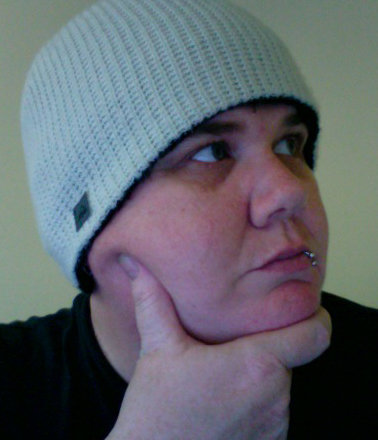
I remember landing in Los Angeles with no housing lined up. Incorrectly booked flights. Delays. Nowhere to go. Murphy in full form. And then — people. Someone opening their door. Someone saying, “You’ll be okay. Stay here tonight.” A hotel. A room. A life slowly assembling itself out of chaos.
Those moments didn’t just save logistics. They saved me.
They matter. They deserve as much weight as the ones that broke me.
So here it is, without irony or deflection. Thank you.
To the people who stepped in when I was untethered.
To the ones who offered help without explanation or expectation.
To the friendships and connections that came from chaos instead of despite it.
I wouldn’t be here without you. And I don’t forget that, even when fear tries to rewrite the story.
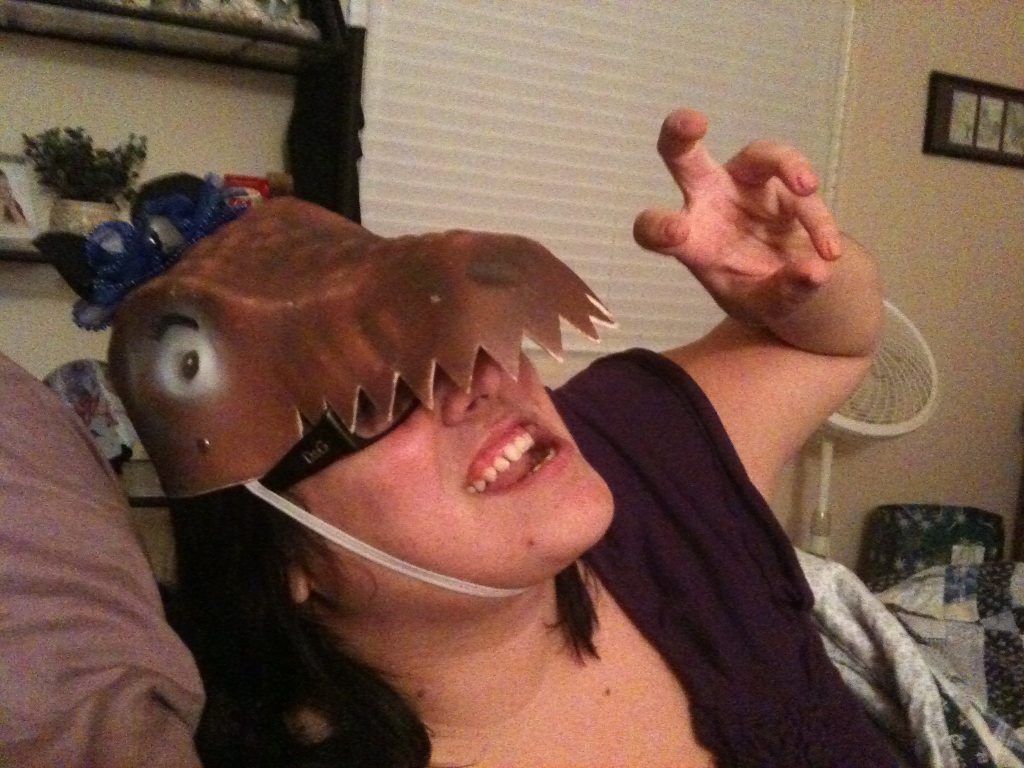
I found my groove in LA. A social side of myself I didn’t know how much I needed. Sunday fundays. A tribe. I was home there in a way I didn’t recognize until it was gone. Losing it felt like being cheated, not just out of a place, but out of a version of myself that trusted life more than I do now.
Work was always there. For most of my career, I could find it wherever I landed. I built something portable. Remote before it was normal. Capable. Independent. I learned I could rely on myself. That I always had myself.
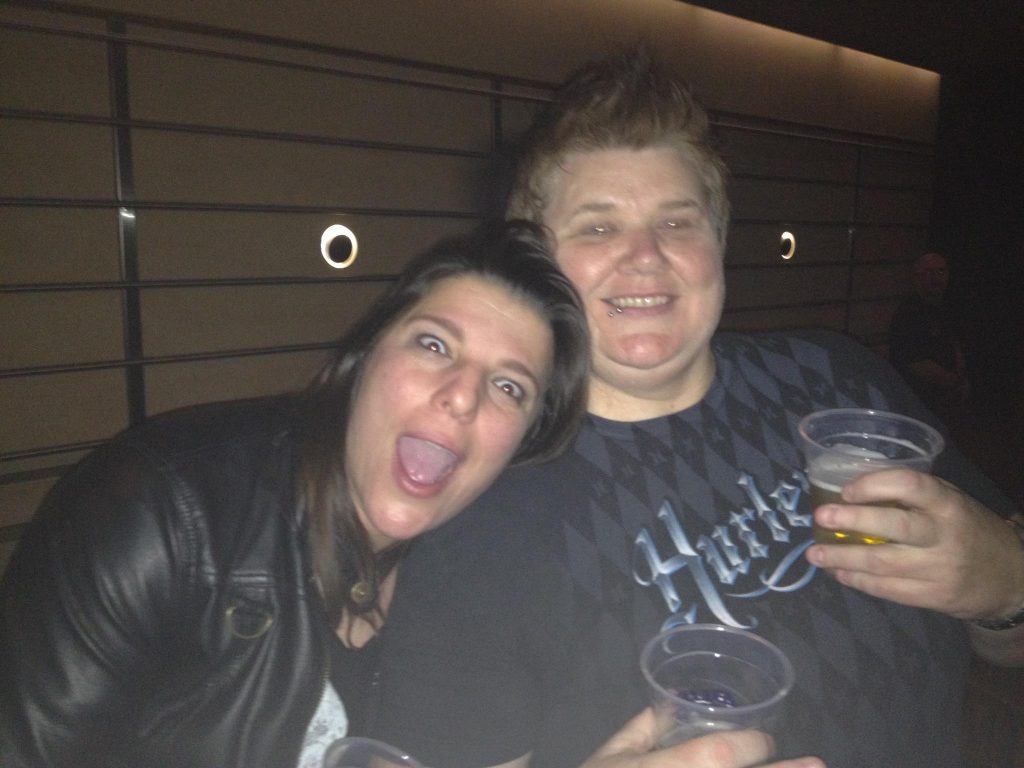
But time changes the rules. This isn’t twenty years ago. And somewhere in that shift, my confidence softened. Still there, but quieter. More reflective. Less certain.
I don’t know what I tie my worth to anymore. I know I have a good heart. I believe in equality. I try to support people when their hearts are good, even if I don’t fully understand their path. I’ve created Sam and lost Sam more times than I can count.
In relationships, I lose myself. I want to be who they see. I forget they liked who I was when we met. I want people to be happy. I want to be liked. And somewhere in that effort, I disappear.
Being left feels like rejection. Being fully seen feels terrifying too. Both live in me.
Mexico gives me something nowhere else does. Proximity to marine life. To the ocean. It excites and intrigues me as much as it scares me. Seeing it gives me genuine pleasure. And still, somehow, I took it from myself by pulling away.
I stopped early swims. Long walks. Headphones and salt water. Paddleboarding. I isolated myself. I don’t have a good excuse. I miss it. And I know that’s where I center myself emotionally. It always has been.
There’s also my body in all of this, and I haven’t talked about that enough yet.
I’m not young anymore, and I don’t say that with bitterness. I say it with awareness. My body holds history now. Injuries. Fatigue. Recovery that takes longer than it used to. But it also holds memory — ocean memory, balance memory, the knowing of how to float and how to read water without fighting it.
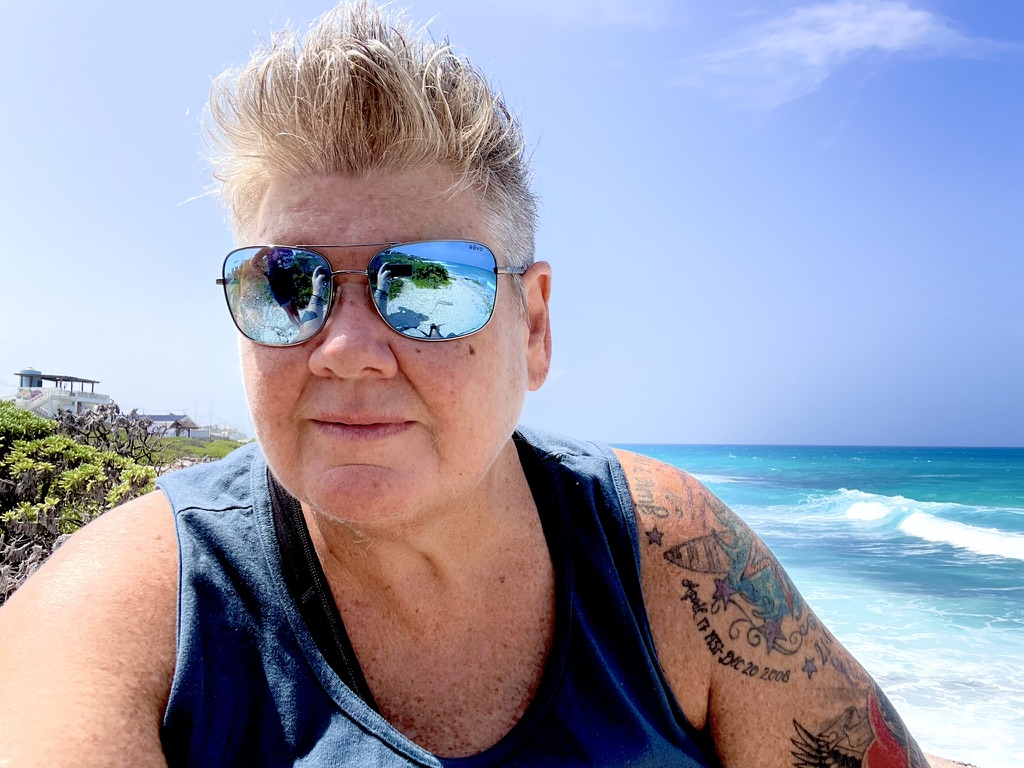
When I stopped going into the ocean regularly, something in me dulled. It happened slowly. Fewer early mornings. More staying in. More isolation disguised as rest. I told myself I was protecting my energy, but what I was really doing was disconnecting from the one place that reliably brought me back to myself.
Safety and aliveness are not the same thing.
The ocean has never asked me to perform. It doesn’t care about my past decisions, my paperwork, my income, or my productivity. It responds to presence. To attention. To respect.
That’s the relationship I want with the rest of my life now.
There’s a feeling I’ve carried for years. Hands steady. Eyes forward. Knowing you can’t control the road but refusing to let go of the wheel. And another feeling just as real that says not every moment requires bracing. Sometimes you ride what comes. Sometimes you stop fighting the current and let it move through you.
Those two states live side by side in me. They always have.
Residency is pending now. Paperwork. Timelines. Decisions that exist outside my control. In the past, this is where my mind would start running scenarios. If this happens, then that. If that falls through, then I lose everything. The sky is always falling somewhere in those versions of the future.
But this time feels different.
I’m not pretending nothing could go wrong. That wouldn’t be honest. What’s different is that I’m not assigning catastrophe to uncertainty anymore. I’ve done the work. I’ve shown up. I’ve followed the steps. I’ve been honest, consistent, and clear about what I want and how I live.
If this works — and I believe it will — Baja feels like the next natural shoreline.
Not an escape. Not a reset. A continuation.
Two oceans. Completely different energies. Marine mammals moving through ancient routes that have nothing to do with me. Mornings dictated by tide and light instead of screens and schedules. Learning to surf properly, not to conquer anything, just to understand timing and patience. Paddleboarding when the water allows it. Letting my body get stronger without forcing it.
I see myself documenting instead of chasing. Observing instead of consuming. Living close enough to the water that I don’t forget who I am when I’m away from it too long. Earning through work that feels aligned — creative projects, clients I actually connect with, content that respects the places it comes from. Less noise. Less proving. More continuity.
And if it doesn’t work — if Murphy clears his throat and reminds me that nothing is guaranteed — then what?
Then I adapt.
I don’t disappear. I don’t lose myself. I don’t start from zero. I adjust course and land somewhere that still makes sense for who I am now, not who I was twenty years ago. I’ve done it before, even when I didn’t believe I could. Even when I thought I’d lost everything.
That’s the truth Murphy can’t rewrite.
I’m not asking for a life without disruption. I’m asking for a life where disruption doesn’t erase me. Where change doesn’t mean collapse. Where uncertainty doesn’t automatically translate into loss.
Water taught me that.
You don’t fight it. You read it. You move with it. You trust that staying present matters more than predicting the next wave.
That’s where I am now.
Pending residency. Pending future. Grounded anyway.
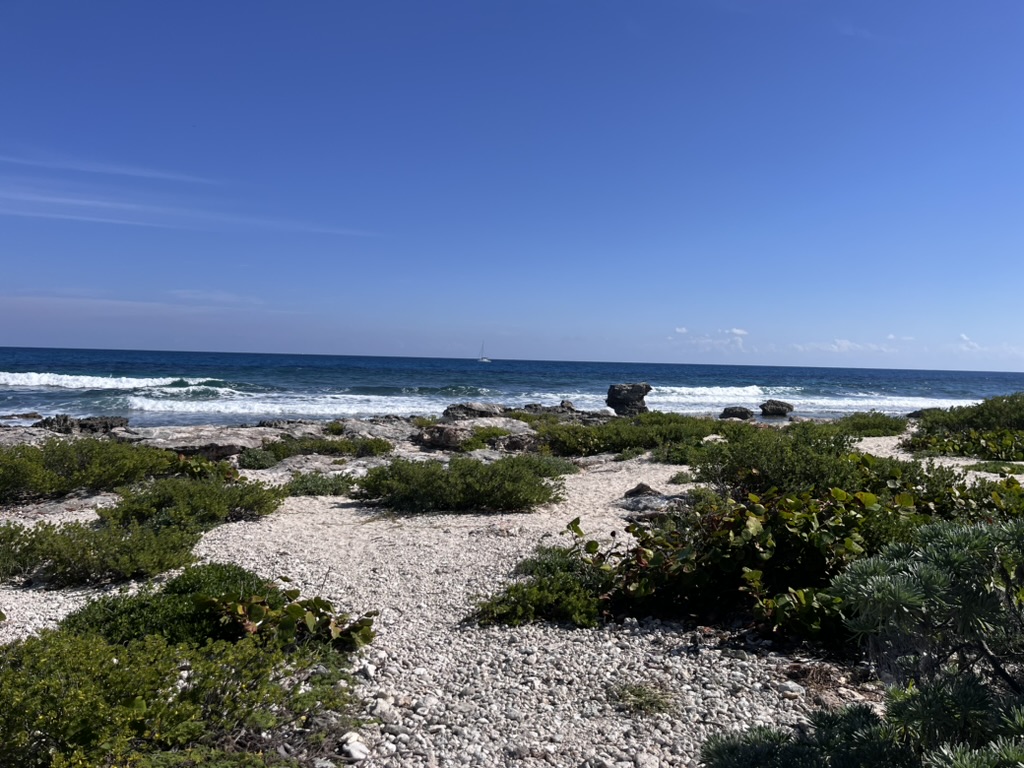
Murphy can still ride shotgun if he wants.He wont be narrating any longer. And that feels like freedom!
